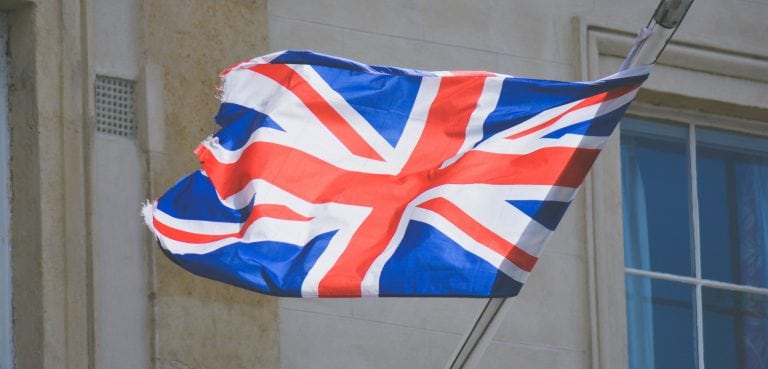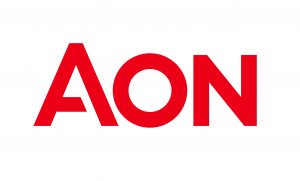You’ve got your bags packed and your heart set on the UK –it’s got your dream insurance job, your dream, um, weather? And The Great British Bake Off, what’s not to love?
Applying for graduate jobs can be hectic at the best of times, so when it comes to proving that you’re a great candidate for your chosen role, get organised and figure out how to present your international qualifications as clearly as possible for UK employers.
In this article, we are going to look at the different UK qualifications and how to convert your qualifications to the UK equivalent.
Working in the UK
When applying to graduate recruiters in the UK, some employers will have set criteria. In addition to degree classification, you may see the following terms:
- UCAS points or A-Level Points – These are qualifications usually taken at age 18 and are used for University entrance
- GCSE’s – These are national exams usually taken at age 16. Some employers will require particular grades in English and maths.
There is no official list of how UK grades or tariff points compare with other countries’ qualifications. Therefore, it is not possible to directly convert your grades into UCAS points.
However, you can translate your qualifications to a certain extent using the resources listed below.
UK-NARIC
The UK-NARIC is the National Academic Recognition Information Centre for the UK. For a fee, you can request a letter of comparability. They can also provide you with a career path report which is an in-depth report describing one of your qualifications and the education system in which you studied.
You will have to use the UK-NARIC if you need an official document that states how your international qualifications compare to the UK qualifications.
You may also need proof of your English language ability for work and study purposes. For this, you will have to request an English Language Assessment document.
There are occupation-specific entry requirements and processes for regulated trades and professions such as teaching and early years and construction trades. The UK-NARIC will provide services and documents to support these.
It is strongly recommended that you use the UK-NARIC for the letters of comparability, as they provide clear indicators of your education levels in UK terms.
Large graduate recruiters
Some of the larger graduate recruiters provide UCAS international equivalents on their websites. Although adapted to each recruiter’s requirements, these can provide a general guide to how your qualifications compare. For example, you find out about KPMG’s requirements here.
Small and medium-sized enterprises
The smaller a company is, the less likely they are to have the resources to understand or convert your qualifications. Therefore, to show the employer that you are serious about working for their company, use the guides above and convert your qualifications and explain them in context.
If you are completing an online application form, you can either phone the company to ask what they want you to do or use the ‘additional information’ section to further explain your qualifications.
Hopefully this has cleared a few things up regarding converting your qualifications into UK equivalents. While there is no direct equivalent to UCAS points, using the UK-NARIC service will greatly help you when it comes to applying for jobs.


